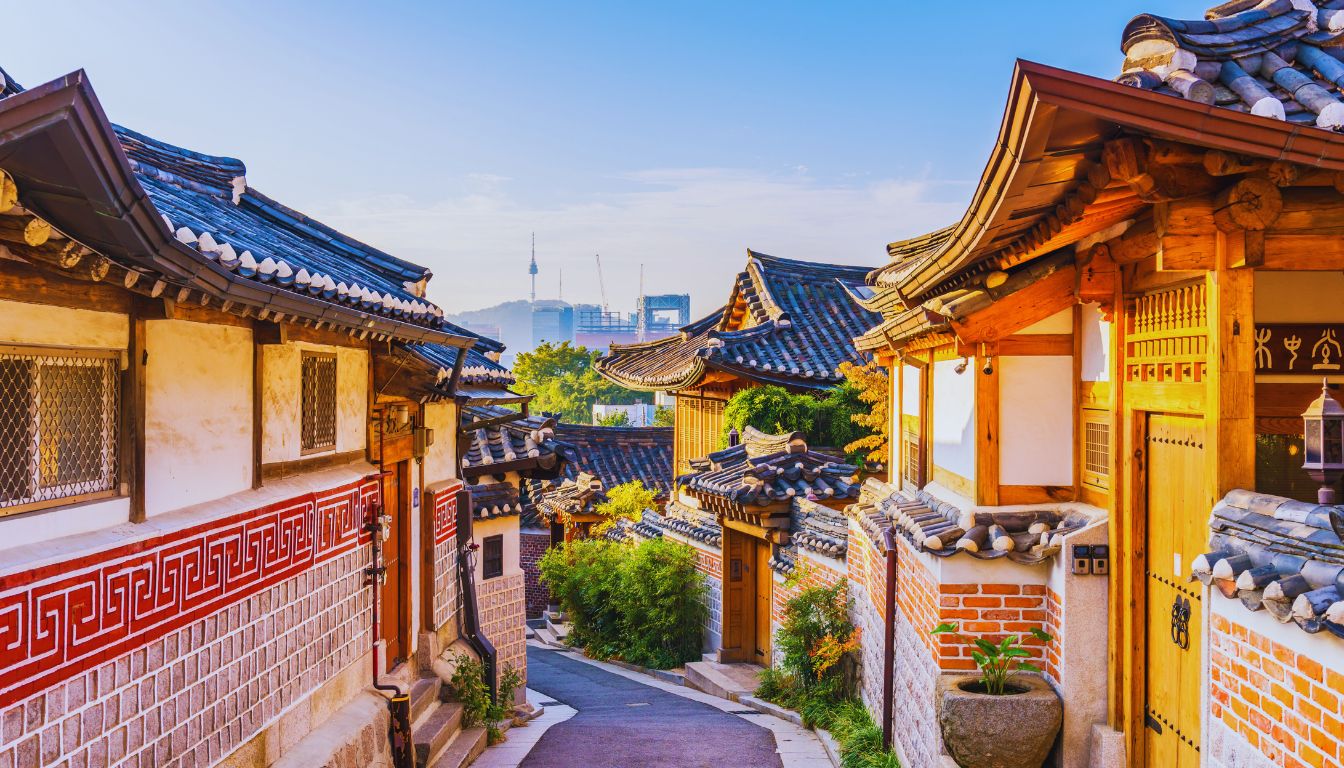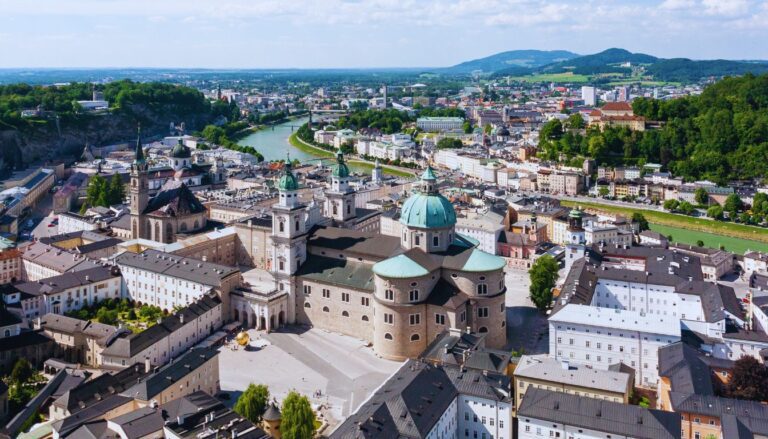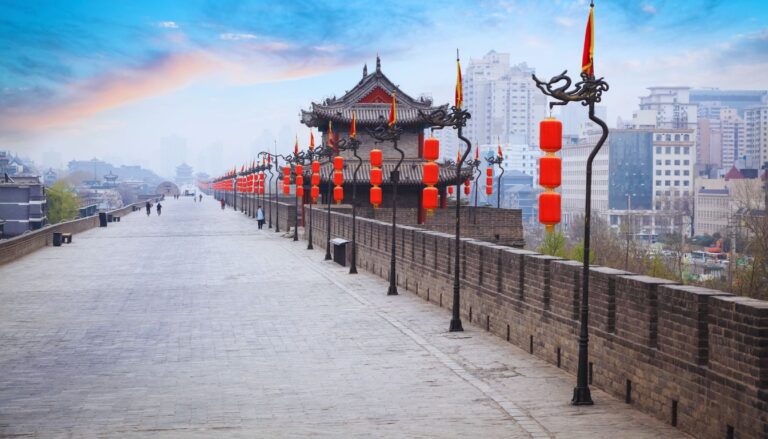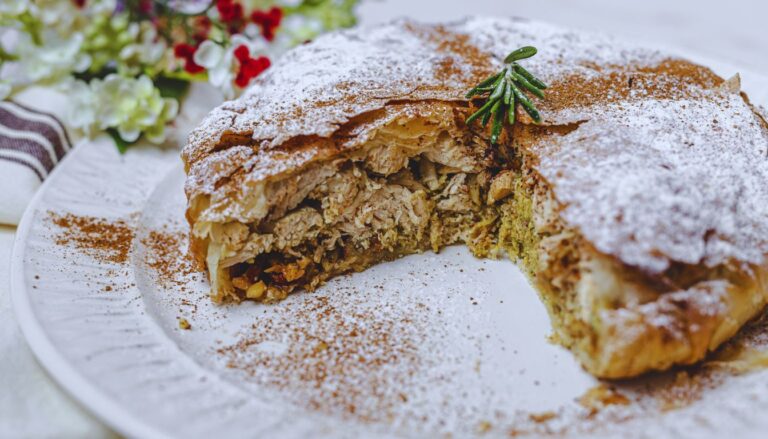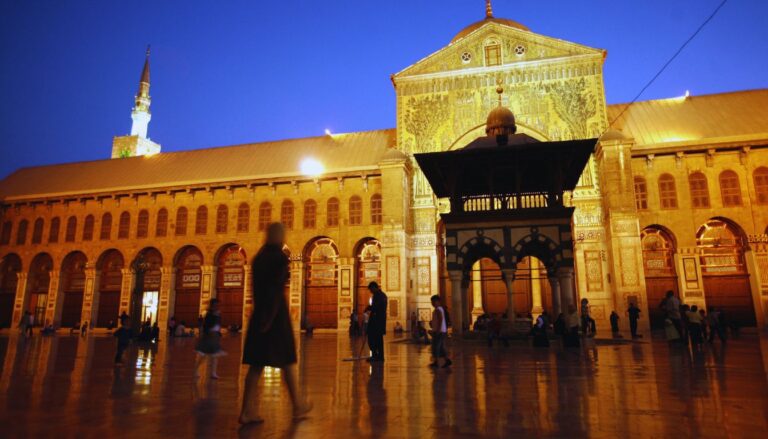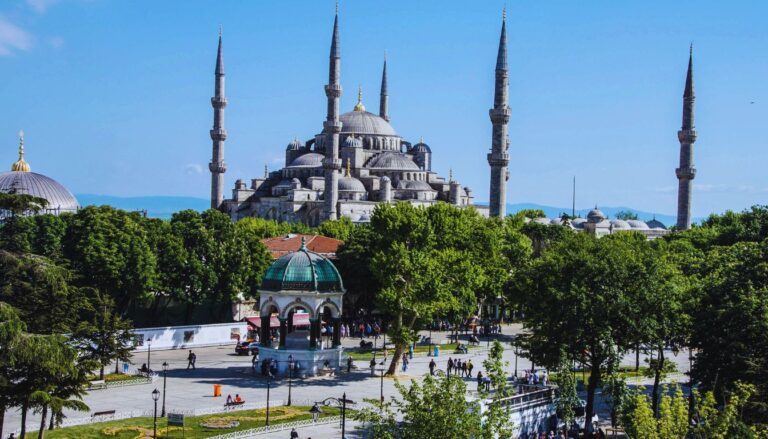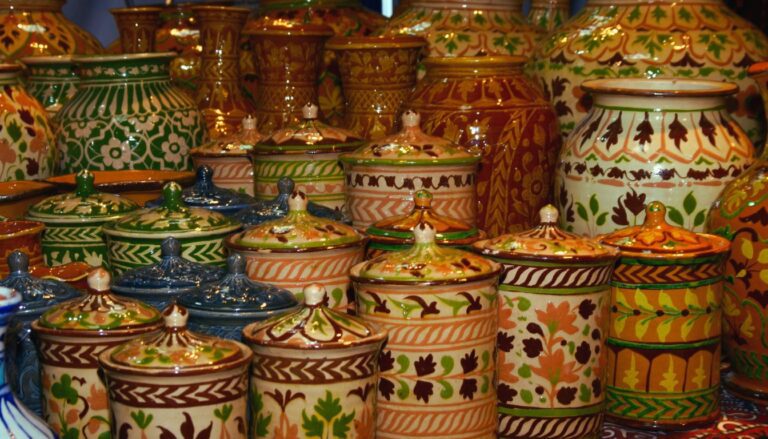Seoul, South korea
Where ancient dynasties meet K-pop culture, Seoul pulses with an energy that’s uniquely its own. South Korea’s capital is a masterclass in contrasts, where centuries-old temples stand in the shadow of futuristic skyscrapers, and traditional tea houses share streets with cutting-edge gaming cafes. This dynamic metropolis offers visitors an intoxicating blend of old and new, wrapped in the warmth of Korean hospitality.
This guide reveals local secrets and cultural treasures, transforming your visit into a memorable journey.
Table of Contents
Best Places to Visit
- Gyeongbokgung Palace: The grand principal palace of the Joseon Dynasty
- Hongdae: Youth culture hub famous for street performances and indie music
- Myeongdong: Shopping paradise and street food heaven
- Bukchon Hanok Village: Traditional Korean houses preserved in their original setting
- Gangnam District: Modern Seoul’s beating heart, known for luxury and entertainment
- N Seoul Tower: Iconic landmark offering panoramic city views
Must-Visit Cultural Landmarks
- Changdeokgung Palace: UNESCO World Heritage site with its Secret Garden
- Jogyesa Temple: The center of Korean Buddhism
- Gwangjang Market: Korea’s first traditional market
- War Memorial of Korea: Comprehensive museum of Korean military history
- Bongeunsa Temple: Buddhist temple amid modern Gangnam
- National Museum of Korea: Home to priceless Korean cultural artifacts
Cultural Insights & Traditions
Korean culture emphasizes respect, harmony, and community. The concept of “jeong” (deep emotional connection) and “kibun” (maintaining harmony) shapes social interactions. Traditional values blend seamlessly with modern life, from the enduring popularity of jimjilbang (public bathhouses) to the innovative K-beauty industry. The “ppalli-ppalli” (hurry hurry) culture reflects Seoul’s dynamic pace of life.
Top Cultural Experiences
- Hanbok Experience: Wear traditional Korean dress at palaces
- Temple Stay Programs: Immerse in Buddhist culture
- K-pop Dance Classes: Learn iconic moves from professional instructors
- Korean Cooking Classes: Master kimchi-making and local cuisine
- Tea Ceremony: Traditional tea rituals in historic settings
- K-beauty Treatments: Experience cutting-edge skincare routines
- Night Markets: Sample street food culture at its finest
Best Time to Visit
The ideal times to visit Seoul are during spring (March-May) for cherry blossoms and autumn (September-November) for vibrant fall colors. Summer (June-August) brings humidity and monsoon rains, while winter (December-February) offers magical snow scenes and festive celebrations, though temperatures can be quite cold.
How to Get Around
Seoul’s transportation system is world-class:
- Extensive and efficient subway network
- Comprehensive bus system
- T-money card for seamless public transport
- Airport express trains
- Abundant taxis, including international-friendly services
- Easy-to-use bike-sharing system
Download Naver Maps or Kakao Maps for accurate navigation.
Where to Stay
- Myeongdong: Perfect for first-time visitors and shopping enthusiasts
- Hongdae: Ideal for nightlife and youth culture
- Insadong: Traditional atmosphere and cultural experiences
- Gangnam: Luxury stays and modern conveniences
- Itaewon: International atmosphere with diverse dining options
- Jongno: Close to palaces and historical sites
Best Places to Book Your Trip
Planning your dream trip is easy with trusted travel platforms. To secure the best deals on flights, accommodations, and tours, check out:
- Booking.com: Offers a wide range of hotels, apartments, and hostels to suit every budget.
- GetYourGuide: Book unforgettable experiences like guided tours, cooking classes, and fast-track passes.
- Expedia: A great platform for bundling flights, hotels, and car rentals for a seamless booking experience.
- Skyscanner: Perfect for finding the best deals on flights.
Pro Tips for Visitors
- Download KakaoTalk for local communication
- Get a local SIM card or pocket WiFi for navigation
- Learn basic Korean phrases – locals appreciate the effort
- Use subway during rush hour to avoid traffic
- Visit palaces on Tuesdays for smaller crowds
- Try Korean BBQ with locals for authentic experience
- Check for festival dates – they offer unique cultural insights
- Most shops open late (around 11 AM) but close late
- Take advantage of tax refund shops for better shopping deals
- Consider buying a Seoul City Pass for attractions
- Restaurant portions are often meant for sharing
Embrace Seoul’s unique rhythm, where centuries of tradition dance with tomorrow’s innovations. From dawn prayers at ancient temples to late-night K-pop concerts, every moment in this captivating city tells a story of a culture that honors its past while racing toward the future.
Traditional Samgyetang of Seoul: A Local’s Guide to Authenticity

